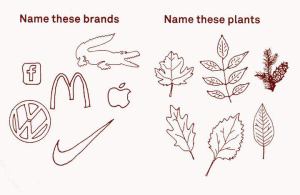The second law of thermodynamics was right: The entropy of the universe continuously increases. In other words, as my chemistry teacher used to say, “the world is becoming a big mess”. YouTube, what has happened?
Banning (flagging) religiously offensive videos is a road to perdition. Practically anything you say may be offensive to someone on this planet. “I believe that all men and women are created equal.”, “I had premarital sex.”, “The Invisible Pink Unicorn does not exist.” are all examples of innocent statements that do not promote violence, do not call for anyone´s death and do not incite prejudicial action against anyone based on their ethnicity, gender, religion, sexual characteristic… In short, these statements by definition DO NOT constitute “hate speech”. And yet, videos containing such statements shall be forbidden.
I don´t need to go to Church every Sunday (rings a bell? see here) to realise there is something inherently wrong when a group of “YouTube experts” gets to decide which videos are potentially offensive. Are funny videos with Achmed “inappropriate”? How about the film The Invention of Lying? And I shouldn´t even mention the Atheist Song, correct?
Such a censorship policy (sorry, I call things by their real name) gives these “experts” immense power to discard any video they find offensive without taking into consideration the importance of truly “free” speech: What will have happened to this inalienable human right once we cannot say even basic statements ranging from “I like pork and beef” to “women are actually very good drivers”?
Dear Readers, I am urging you to stand up against this YouTube policy, to defend your right to say things others may disagree with. After all, “I have never in my life learned anything from any man who agreed with me.“ (Dudley Malone)


